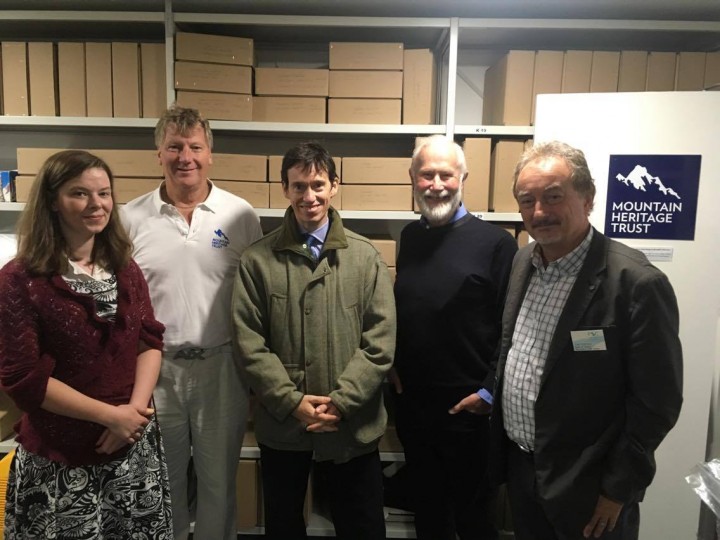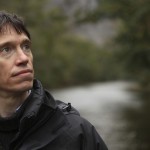The United Kingdom has never been so well-educated. The number of people going to university in Britain has exploded from three per cent in the 1950s to almost fifty per cent today. Our citizens have never been so well-informed about our politicians and their policies. And lobby groups have never been so relentlessly practical – focused on weekly campaigns to drive each individual MP, through three hundred emails, to commit to a particular investment, or oppose a particular law. Facebook and Twitter entwine and connect us as never before. So why do we not feel that we are living in a great democratic moment, and that policies are improving? Why instead do we feel that everything is going wrong?
One of the reasons that we feel so disappointed may lie in our desire to believe that almost any political problem can be solved. The last thing I want to do is to reopen British political arguments after an election. So let me try to make the point with something that we can at least all agree on – the importance of basic education worldwide. Education is vital for mind, soul, income, health, and well-being. This is particularly true in the developing world, where pre-school attendance is correlated with a fivefold increase in earning power; secondary school education with better family planning; and schools in general with better mental health. But hundreds of millions of children in the world never attend school. Here, therefore, is a tragedy. And one that we want to believe that we can fix through three things – money, a plan, and ‘political leadership.’ This is why Gordon Brown’s Commission has launched a campaign to raise three trillion dollars annually for global education, intending, amongst other things, to get every child in the developing world into school.
But do we really understand, when we campaign on this issue, how difficult this problem is? Do we acknowledge, that when the international community paid teachers’ salaries in Afghanistan, three thousand “teachers” in only a single province, had never been anywhere near a school. Or that in one African country at least, more than half the teachers were themselves illiterate. Do we remember when we boast that ‘the international community has increased by forty per cent the number of poor children in school in the last fifteen years’, that over sixty per cent of children in the developing world, currently leave school illiterate?
No. Instead, countless articles, and speeches talk about how we need to focus more on primary education; or pre-schools; or girls in the secondary sector; on including more disabled children; more refugees; more native language teaching; more investment for class-rooms; more money for vocational training; more for teacher-training; more for standards and testing; more resources for state education departments. Save the Children and the One Campaign are calling for the British Department for International Development to address these things through committing 10 per cent of its budget to Global Education. All of these ideas are good in themselves but they fall well short of the fundamental problem
It doesn’t matter what the curriculum says, or how fine the classroom is, or the textbook, or how large the enrolment is, or class size, or how many marginalised children are in the school if the teachers themselves can’t read or write. Or if the ‘teachers’ you are paying simply don’t exist. What do you do in the many areas where there is effectively no government? Or where different political pressures – teachers’ unions, political parties, religious organisations – are blocking all attempts at reform? Or when the education target for UK Aid, proposed by the NGOs, would only meet one five thousandth of the global need?
Here – as so often – we are deeply concerned by the problem, but very reluctant to acknowledge its real depth or complexity. ‘Global Education’ is not an exception. Like all our most fundamental challenges at home, it cannot simply be fixed by ‘strategies’; ‘leadership’; ‘targets’ or even billions of pounds of investment. Instead these problems are embedded in the deepest structures of our economy, our demography, our politics, and our society. This realisation sits very awkwardly with a culture that often likes to pretend that everything can be fixed through technology. And it sounds deeply pessimistic.
But it is in the end more truly optimistic than all the grand strategies and utopian dreams – because it is grounded in reality. We are fortunate – as a stable, highly educated and peaceful society – to be able, if we wish, to understand our true condition at home and abroad. By focusing more on the detail of real problems, and less on instant solutions, we could begin to restore some patience, trust, and common purpose in our politics. And perhaps, instead of hating ourselves for our inability to achieve the impossible, we could begin to focus instead on getting things done.





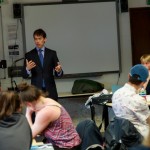




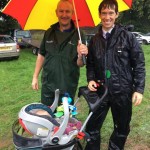

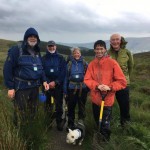
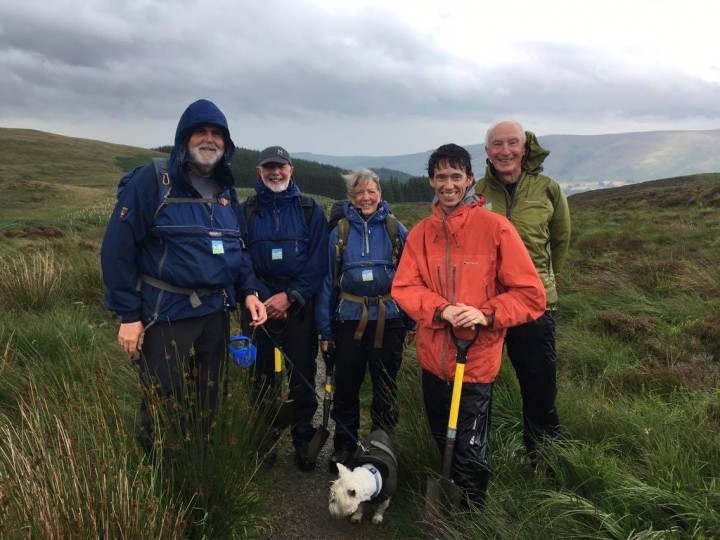 Last week, local MP Rory Stewart joined volunteer organisation Fix The Fells to hear about their work across Lake District, before joining the group to clear drains on Gowbarrow Fell.
Last week, local MP Rory Stewart joined volunteer organisation Fix The Fells to hear about their work across Lake District, before joining the group to clear drains on Gowbarrow Fell.
